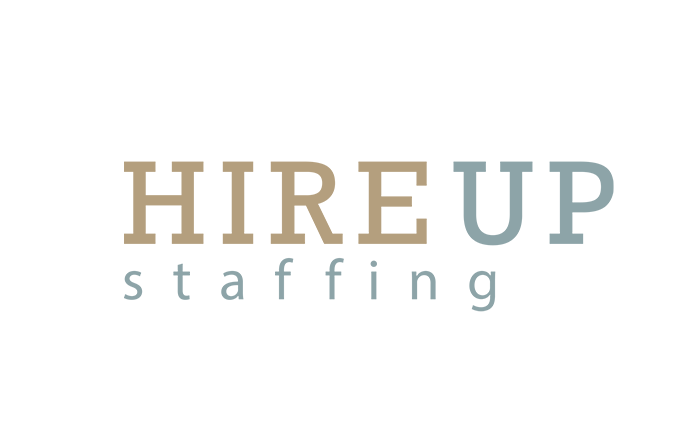Current shifts in the insurance industry show an increasing amount of companies switching from fully insured plans, to self-funded health plans. Fully funded insurance plans contract a third party insurance provider to cover both employees and their dependents while self-funded health plans put that responsibility in the hands of the company. By moving to a self funded insurance plan, companies gain more control over their plan’s administration and funding levels, but with more control, companies take on more liability for the health plan.
This move is most likely due to the economic downturn the economy has met with and is a means to lower vendor fees and premium expenditures that are common in a fully funded insurance plan. This creates a higher risk for the company and accordingly many obtain a stop loss insurance plan from an insurance provider alleviating some of the risk of the company.
On another note, self-funded health plans are subject to only federal regulations and are not required to provide some benefits that state laws require fully funded insurance plans to cover.
Clearly self-funded and fully funded health plans differ in many ways but both have their pros and cons. For more information about the pros and cons of self-funded health plans visit Society for Human Resource Management’s article “More Employers Weigh Self-Funded Health Plans” by Matt Leming of Swiss Re here.



